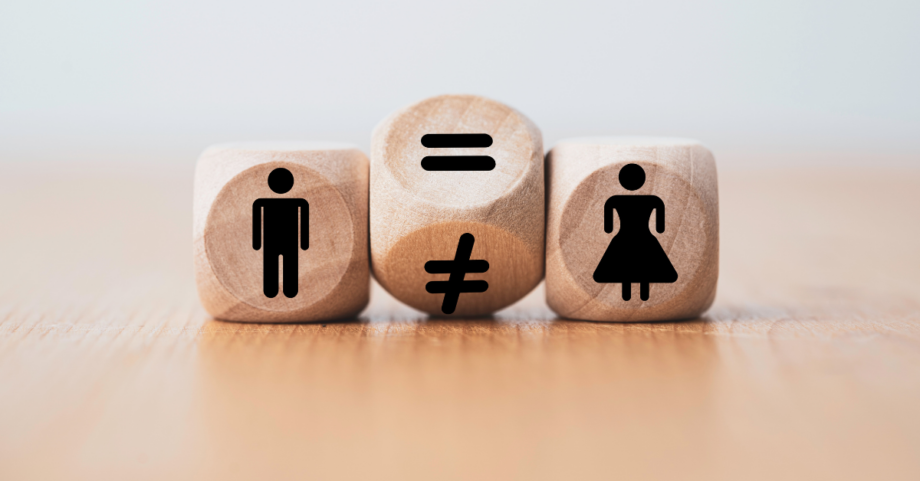By now you have seen, or at least heard in passing, the controversy over Algerian boxer Imane Khelif’s 2024 Paris Olympic appearance. This powerful athlete who was born, raised and identifies as a woman (and has a passport to prove it) faced a wave of criticism that she is indeed a man. Boxer Lin Yu-ting was also caught up in this brouhaha, and both boxers have come under scrutiny ever since the International Boxing Association (IBA) supposedly conducted tests on them, finding male XY chromosomes were in both athletes.
And although the International Olympic Committee (IOC) criticized what they said were arbitrary findings from the IBA, all of this is not the first time we’ve heard the question of gender discussed in the Olympics, or certainly in sports in general.
Gender & the Olympics: a short history
Transgender athletes have been permitted to compete in the Olympic meet-up since early in the new century, with Laurel Hubbard being the first openly transgender individual to compete, as she did in the 2021 games (held a year later than the usually scheduled four-year stretch because of COVID). Before this, in May 2019, CeCé Telfer won the 400m hurdles at the Division II championships to become the first out trans woman to win an NCAA title, though three years later she was ruled ineligible for Beijing trials, and did not qualify for Paris in 2024.
In 2003, the International Olympic Committee (IOC) enforced strict guidelines for a transgender individual to compete, including that the athlete in question had to have undergone and completed some specific surgical anatomical changes.
This ruling was dropped, with some other of the IOC’s gender rulings, a dozen years later with the first official transgender policy updates from the IOC coming from a famous suit.
A transgender Canadian cyclist named Kristen Worley, sued the IOC in 2015, arguing that the IOC’s reassignment surgery violated her rights and was unnecessary for her to compete. Worley would win her case until 2017, but the IOC removed their sex reassignment surgery requirement under the implementation of a new policy in 2015.
So, where are we now?
Just before the Paris Games, the IOC revised (yet again) their policies for transgender athletes. Three years ago, the committee released their ‘Framework on Fairness, Inclusion, and Non-Discrimination on the Basis of Gender Identity and Sex Variations' report. What the IOC did as leave the decision of transgender participation up to each sport’s international governing body. International Federations of each sport.
This article claims in its subtitle, “Paris 2024 is the first Olympic Games in history with full gender parity on the field of play, thanks to the distribution of an equal number of quota places to female and male athletes by the International Olympic Committee (IOC).” But even with selecting two athletes – one male and one female – to carry their respective countries’ flag during the Opening Ceremony, 28 out of 32 sports “reaching full gender equality,” and the updated gender testing laws, who knows how much evolution in this issue we actually saw in the games just run?




